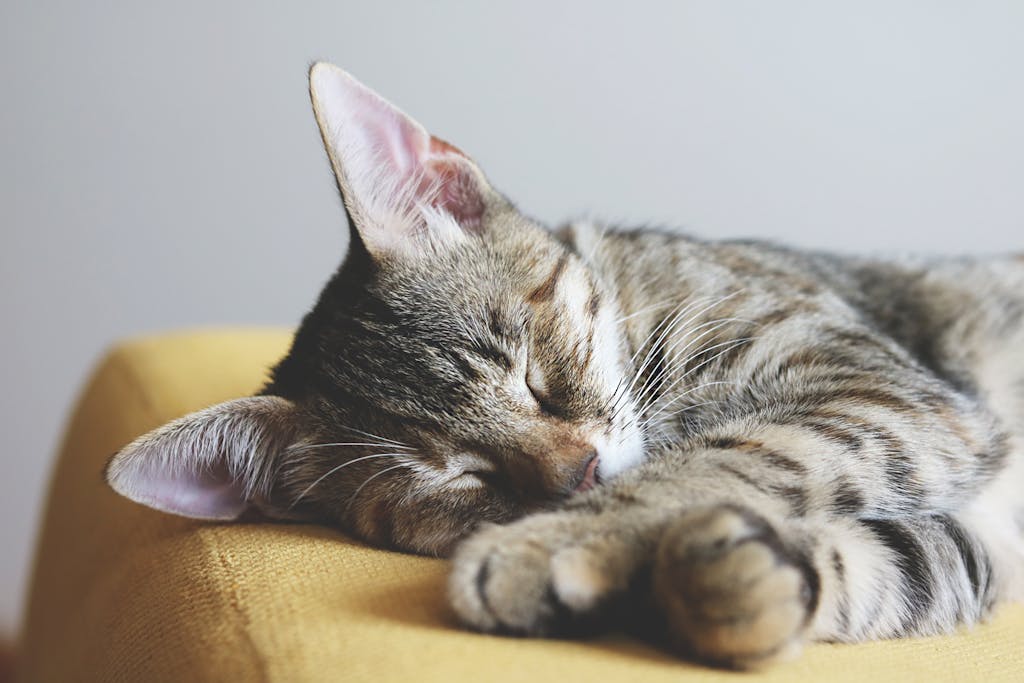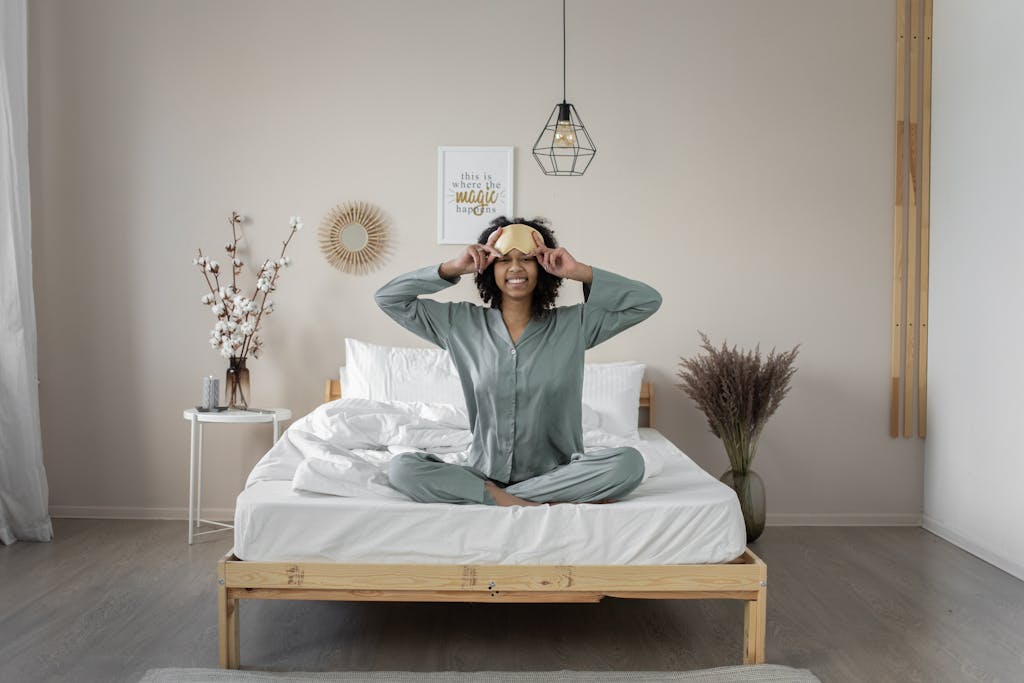You Don't Have to Fill All of Your Time
Whoa there, Speedy Gonzales! Life's not a never-ending race to be ultra-productive. Sure, squeezing every second with tasks might seem cool, but guess what? Chilling out is super cool too! It's like recharging your brain-battery. Don't think of downtime as a fancy luxury; it's more of a must-have. Overworking yourself just leads to stress-meltdowns and burnout—you're not a ticking time bomb, relax! Remember Steve Jobs? Yeah, even he knew the value of taking a breather. And hey, digging deeper into this 'doing nothing' business, you might just uncover the secret sauce of productivity.
Key Takeaways
- Over-scheduling and constant busyness can lead to stress, burnout, and harm mental health.
- Regular breaks and downtime are essential for maintaining productivity and preventing fatigue.
- Moments of doing nothing can be beneficial, acting as a recharge for the brain and boosting creativity.
- Setting boundaries and scheduling free time can improve mental well-being and overall efficiency.
- Successful individuals, such as Steve Jobs, have demonstrated the value of scheduled downtime for enhanced creativity and focus.
The Myth of Constant Productivity
Debunking the myth of constant productivity, it is vital to understand that humans need regular breaks to maintain efficiency and overall well-being. You may think that you're at your best when you're busy, but in reality, doing nothing sometimes can actually boost your productivity. It sounds counterintuitive, right? But it's true!
When you allow yourself to take a break, you give your brain the downtime it needs to recharge. This rest period can improve your focus, enhance your problem-solving skills, and even boost your creativity. So, don't feel guilty about stepping away from your work or tasks to simply do nothing. It's not laziness; it's a strategic move to enhance your performance.
Overworking and trying to fill every moment with tasks can lead to burnout, fatigue, and increased stress levels. You don't need to justify doing nothing—it's an essential part of maintaining your mental health and overall performance. So, remember, sometimes the best thing you can do is absolutely nothing. Give yourself permission to recharge and watch your productivity soar.
Understanding the Value of Downtime
You might be surprised to learn just how valuable downtime can be for your mental health and overall performance. It's like that Richie Energy drink you reach for when you're feeling low – except it's free and doesn't come with a crash later. Yes, sometimes doing nothing is the best thing you can do.
Now, I know what you're thinking: "But I have so much to do!" Well, here's the thing. You don't always need to be doing something. It's okay to just… stop. Start allowing yourself to have moments of nothingness. Think of it as a much-needed recharge for your brain.
Impact of Over-scheduling on Mental Health
In the hustle and bustle of today's world, over-scheduling can have a seriously detrimental impact on your mental health. With your calendar chock-full, you're at a higher risk of stress and anxiety. That's right, your jam-packed agenda might be doing you more harm than good.
When you're constantly running from one task to another, burnout is just around the corner. It's like running a marathon without any pit stops. You might think you're being productive, but in reality, you're heading straight for exhaustion.
That's not all. A lack of self-care, the result of relentless over-scheduling, can severely impact your mental well-being. You're so busy ticking boxes that you forget to pause, breathe, and relax. And when relaxation takes a backseat, your mental health pays the price.
Practical Tips for Embracing Free Time
Let's immerse ourselves in some practical tips that can help you welcome free time, enabling mental rejuvenation, stress reduction, and personal growth. First up, nothing is the best thing to do sometimes. It sounds counterproductive, but doing nothing can actually be the best way to recharge. It's okay to have those lazyweek moments. Let your mind wander and you'll be surprised at the creativity it sparks.
Second, add one to start. Begin by scheduling a small amount of free time into your day, and gradually increase it. This will make the change feel less challenging, and before you know it, you'll have carved out significant 'me' times in your schedule.
Next, set boundaries and stick to them. This includes not only work hours but also the times you dedicate to relaxation and leisure activities. Remember, leisure isn't laziness, it's a crucial part of maintaining your mental health and productivity. So, don't be afraid to embrace those moments of nothing. After all, sometimes, nothing is the best thing. With these strategies, you're well on your way to embracing and enjoying your free time.
Case Studies: Success With Scheduled Downtime
Drawing from the experiences of successful individuals, it's evident that scheduling regular downtime can lead to increased productivity, creativity, and overall well-being. You know those times you need to just sit and stare at the wall? That's not essential; it's necessary for your brain to reset and recharge.
Case studies show that even during a lazyweek, there are times for productivity and times for rest. Take Steve Jobs, for example. He was known for his regular 'think weeks,' where he would disconnect and allow his mind to wander. This scheduled downtime was a vital part of his creative process.
Maybe you're thinking, 'But I can't afford to take a break!' Trust me, you can't afford not to. Your mind needs these rest periods to maintain focus and prevent burnout. So, next time you're tempted to fill every minute with tasks, remember that even successful people schedule downtime.
No comments yet? Let's start the conversation. What does your downtime look like? How have breaks improved your productivity or creativity? Remember, it's not about filling every moment, but using each moment wisely.
Frequently Asked Questions
How Do You Fill up Time?
"You fill your time with activities aligning with your interests and values. Prioritizing self-care, setting boundaries for leisure time, and embracing stillness for personal growth are essential. Remember, it's about quality, not cramming in quantity."
How Do You Fill Your Days?
You fill your days based on your preferences. It's not about cramming activities in every minute, but choosing what brings you fulfillment. You'll find balance when you mix work, rest, and play in your schedule.
Conclusion
So, kiddo, you've got the scoop: productivity ain't all about cramming tasks into every blinkin' minute. Embrace downtime, shrug off over-scheduling, and watch your mojo skyrocket. Who knew doing less could mean doing better, huh? So, chuck that guilt out the window, kick back, and let the magic of 'unfilled' time work its charm. Remember, you're not a robot. Even superheroes need a break, right?







